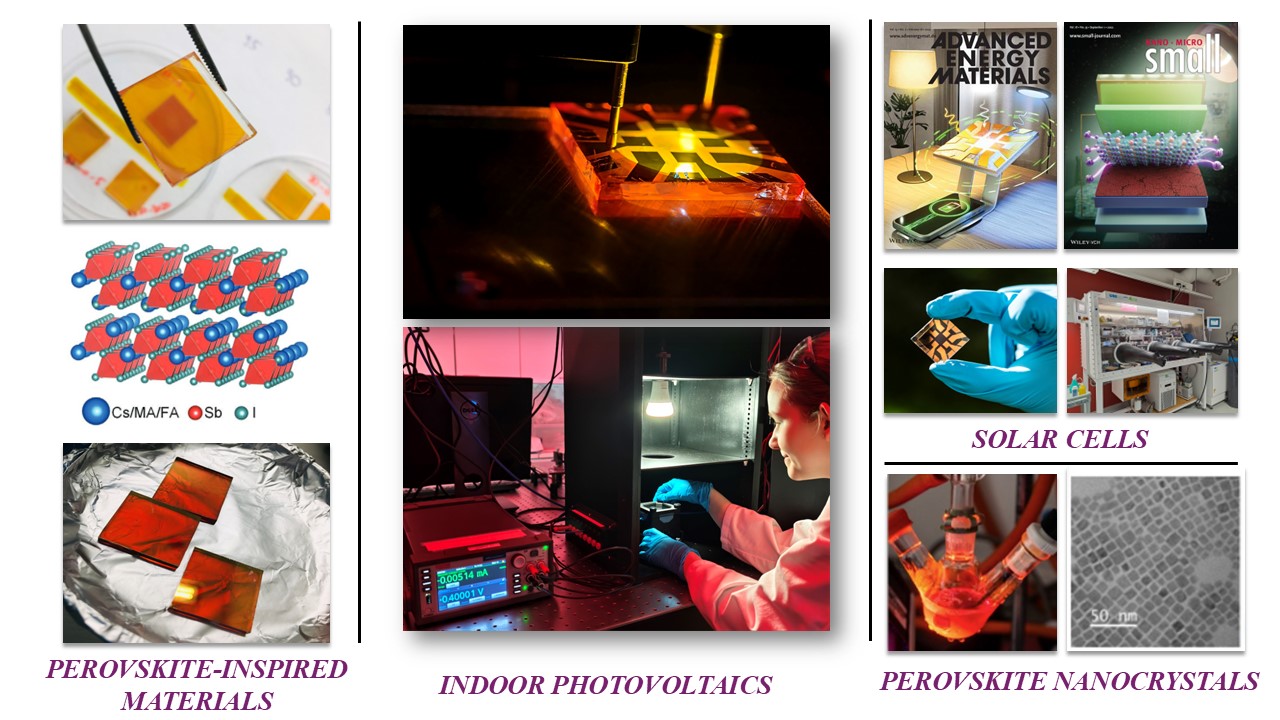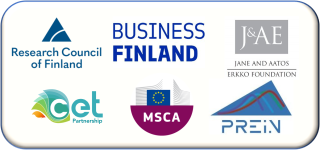Activities within the Hybrid Solar Cells Group (HSC) focus on design, synthesis and characterization of new materials for hybrid perovskite solar cells, which represent the next generation of solar photovoltaics (solar PV). Our work is guided by expertise in materials chemistry and device physics, with additional support from advanced molecular simulations. Ongoing research projects cover many aspects of solar cell device architecture such as development of novel perovskite light absorbers, organic charge transport materials and device optimisation. This holistic approach is aimed at producing highly tailored materials for specific applications (such as indoor photovoltaics), where a deep understanding of structure-property relationships and light-matter interaction influence research.
The HSC laboratories have extensive, multi-disciplinary experimental facilities for all aspects of perovskite solar cell design, fabrication and characterization. These include: two glove boxes, multiple solar simulators and source-monitor units, custom simulated indoor illumination equipment for indoor PV, Litos Lite (parallel J-V and ISOS stability), PAIOS, quantum efficiency setup (EQE/IQE), thermal evaporator, wet lab facilities for materials fabrication and chemical synthesis as well as access to faculty infrastructure for microscopy, elemental analysis and photophysical studies.
Our research group is part of the Chemistry and Advanced Materials (CAM) cluster within the Engineering and Natural Sciences (ENS) faculty at Tampere University and the Finnish PREIN (The Flagship for Photonics Research and Innovation) consortium. We are also co-ordinating the MSCA (Marie Skłodowska-Curie Actions) indoor photovoltaics Doctoral Network: “MENTOR”.
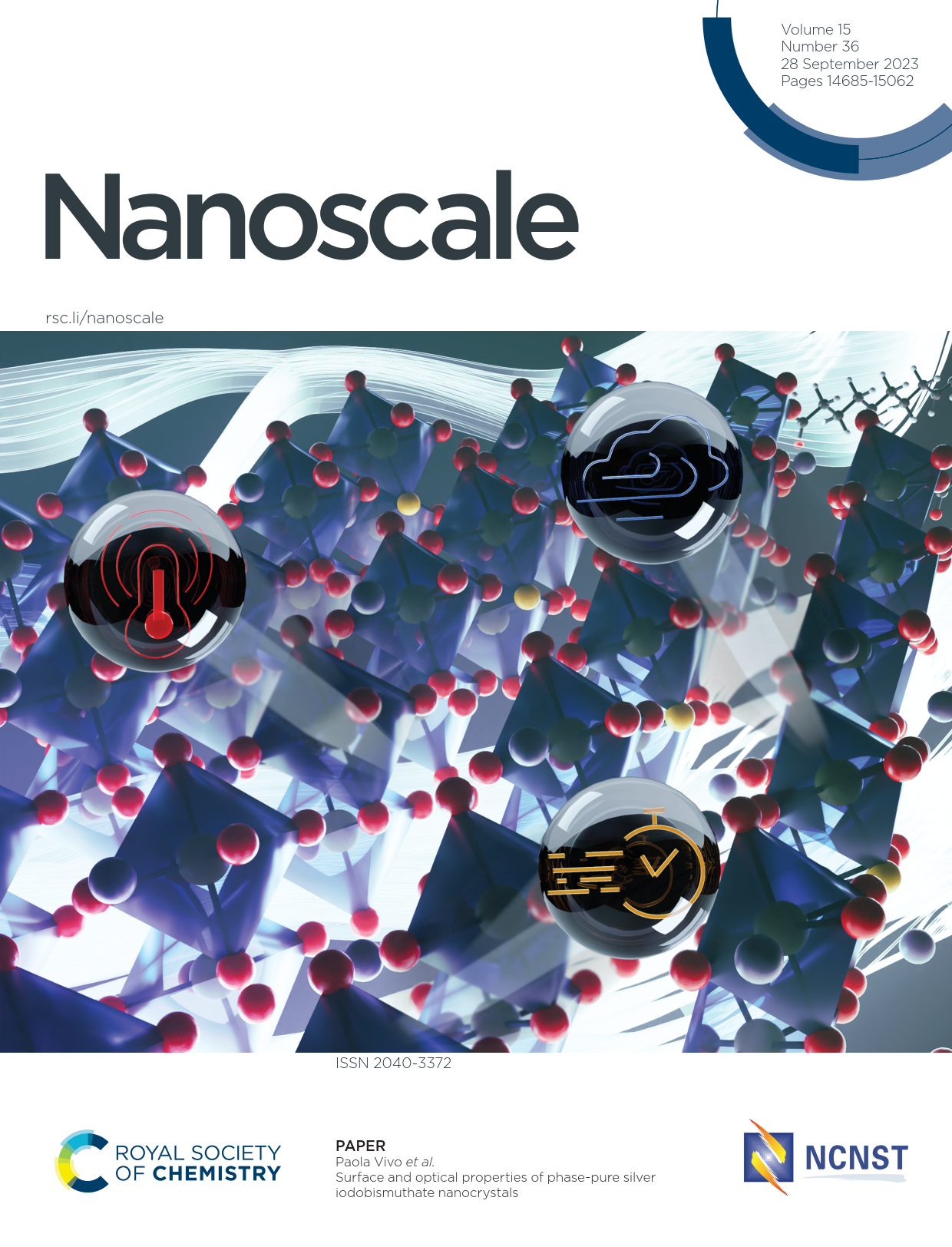 Research goals:
Research goals:
- Rational design and synthesis of non-toxic perovskite thin film and nanocrystal materials for indoor and outdoor photovoltaics.
- Development of affordable, high-performing and environmentally benign charge transport materials for perovskite and organic solar cells.
- Design of perovskite materials with long-term photochemical stability.
- Implementation of perovskite cells on flexible polymer substrates.
- Improve standardisation of perovskite solar cell materials characterisation and performance testing.
Ongoing projects
MSCA Doctoral Network MENTOR, 2024-2028 – Funded by the European Union
 The Marie Skłodowska-Curie Actions MENTOR research programme will provide a comprehensive and versatile technology platform to develop next-generation indoor PVs that efficiently re-use the energy from artificial illumination to power electronics, ultimately contributing to an energy- and climate-neutral world.
The Marie Skłodowska-Curie Actions MENTOR research programme will provide a comprehensive and versatile technology platform to develop next-generation indoor PVs that efficiently re-use the energy from artificial illumination to power electronics, ultimately contributing to an energy- and climate-neutral world.
The overarching aim of MENTOR is to boost and consolidate the potential of IPVs while accounting for the growing concerns about sustainability. To achieve this, MENTOR targets three specific research objectives (ROs) as follows:
RO1. Development of sustainable, recyclable and environmentally friendly IPV material technologies.
RO2. Optimization of IPV device features based on indoor conditions in regard to scalability, stability and performance.
RO3. Establish models and standard protocols to evaluate and test the performance, stability and the reliability for IPVs.
SPOT-IT 2024-2026 – Co-funded by European Union

“SPOT-IT pioneers highly stable efficient flexible lightweight Perovskite/ Organic Tandem Solar Cells for indoor energy harvesting to power the Internet of Things (IoT).
Focusing on abundant raw materials, simple processes and flexible substrates, SPOT-IT promotes low-carbon PV systems, contributes to EU strategic priorities for resource efficiency and sustainable energy and enhances device sustainability and recyclability, in alignment with the EU Green Deal and RePower EU Plan. The outcomes will significantly impact renewable energy production, fostering EU leadership and creating jobs, and lessen EU dependence on fossil fuels, reducing greenhouse gas emissions.”
PERLA (Academy of Finland), 2022-2026
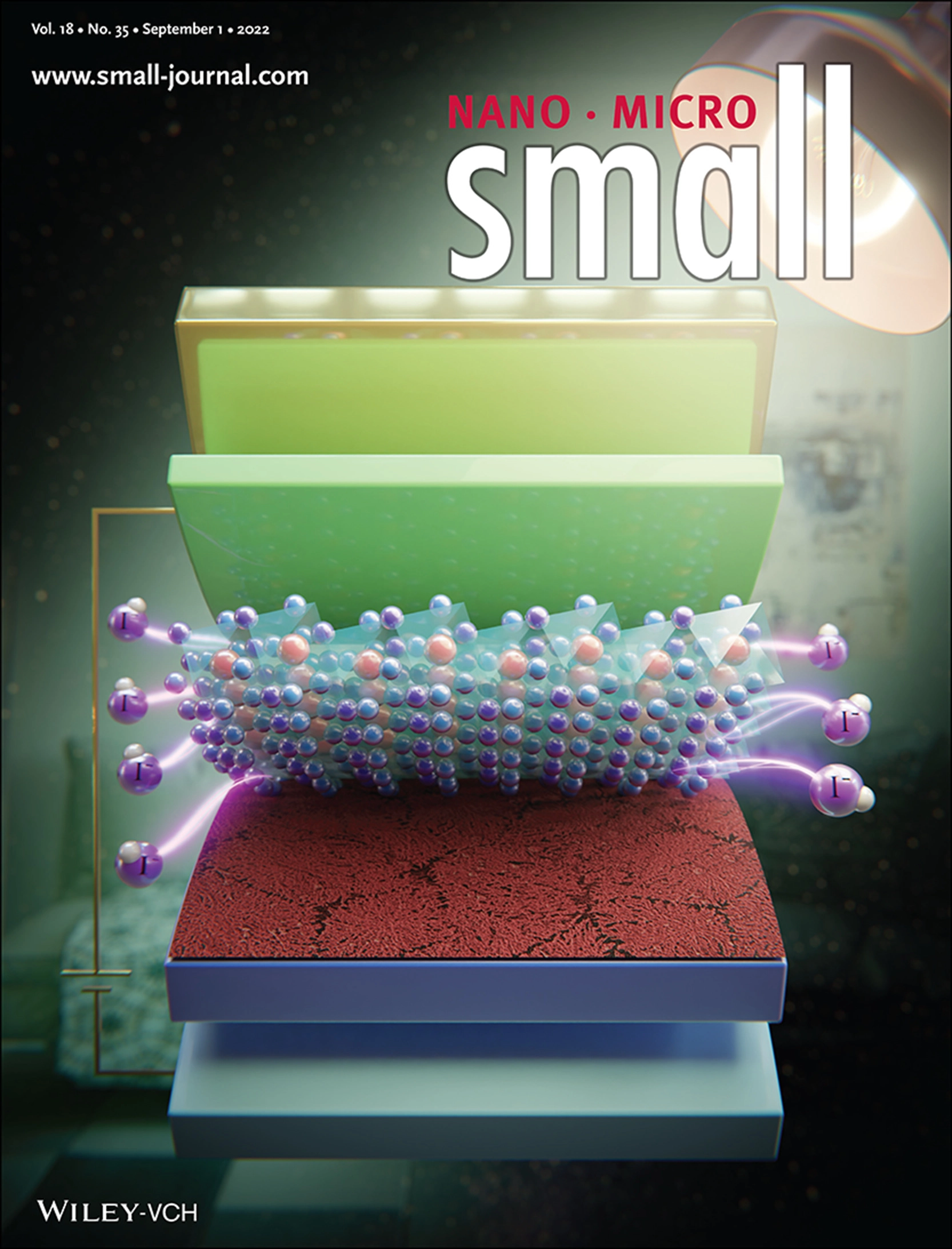
PI: Prof. Paola Vivo
Title: Mind the (band)gap: nano-to-micro optimization of lead-free perovskite solar cells
The poor stability of perovskite-based solar cells (PSCs), as well as the toxicity of the lead (Pb)-based precursors, are the main remaining obstacles to the widespread of this technology. PERLA project will contribute to developing the next generation of Pb-free perovskites and corresponding PSCs. We will focus on wide-bandgap perovskites as they are generally environmentally stable and broaden the application scenario beyond single-junction solar cells, being specifically suitable for indoor photovoltaics, tandem solar cells, and photocatalysis.
DICE (Horizon Europe/Eureka Eurostars), 2024–2027

Design and Development of Industry-Compatible Characterisation Equipment for Emerging Perovskite and Perovskite/Silicon Tandem Solar Cells
DICE is a Horizon Europe/Eureka Eurostars project lead by Endeas Oy, aimed at developing industry-ready measurement and characterization solutions for perovskite and perovskite-silicon tandem solar cells. The project brings together a strong international consortium, including Fluxim AG, École Polytechnique Fédérale de Lausanne, Tampere University, Zürich University of Applied Sciences, and Åbo Akademi University. In Finland, the project is funded by Business Finland.
STEIN (PREIN Flagship), 2025–2026
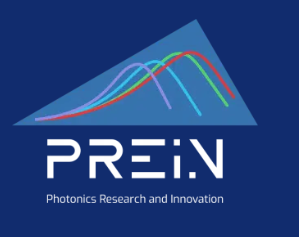
Next-Generation Tandem Solar Cells Through Material-Level Innovation
STEIN is a research project funded by the PREIN Flagship and led by Aalto University. The project focuses on establishing the groundwork for perovskite-silicon tandem solar cell research, which holds the key to surpassing the efficiency limits of single-junction photovoltaic devices.
By combining the complementary expertise of Tampere University, VTT, and Aalto University in both perovskite and crystalline silicon technologies, STEIN aims to build a strong material-level foundation for developing next-generation, record-breaking tandem solar cells.
Completed projects
SOL-TECH (Jane & Aatos Erkko foundation), 2022-2024
Partners: Prof. Paola Vivo (coordinator), Prof. Johanna Ruusuvuori, Prof. Marja Kaunonen, Prof. Sofie Pelsmakers
Title: Human-centered solar smart technology design for healthy aging
Jane and Aatos Erkko Foundation has granted 750 700€ to a multidisciplinary consortium at Tampere University. The project aims at developing solar-powered smart sensors for healthy aging. The consortium proposes a socio-technical approach for collaborating with older adults to rethink the existing fall prevention technologies and transforming them into a user-friendly and sustainable product powered by cutting-edge photovoltaic technology based on nontoxic perovskite solar cells.
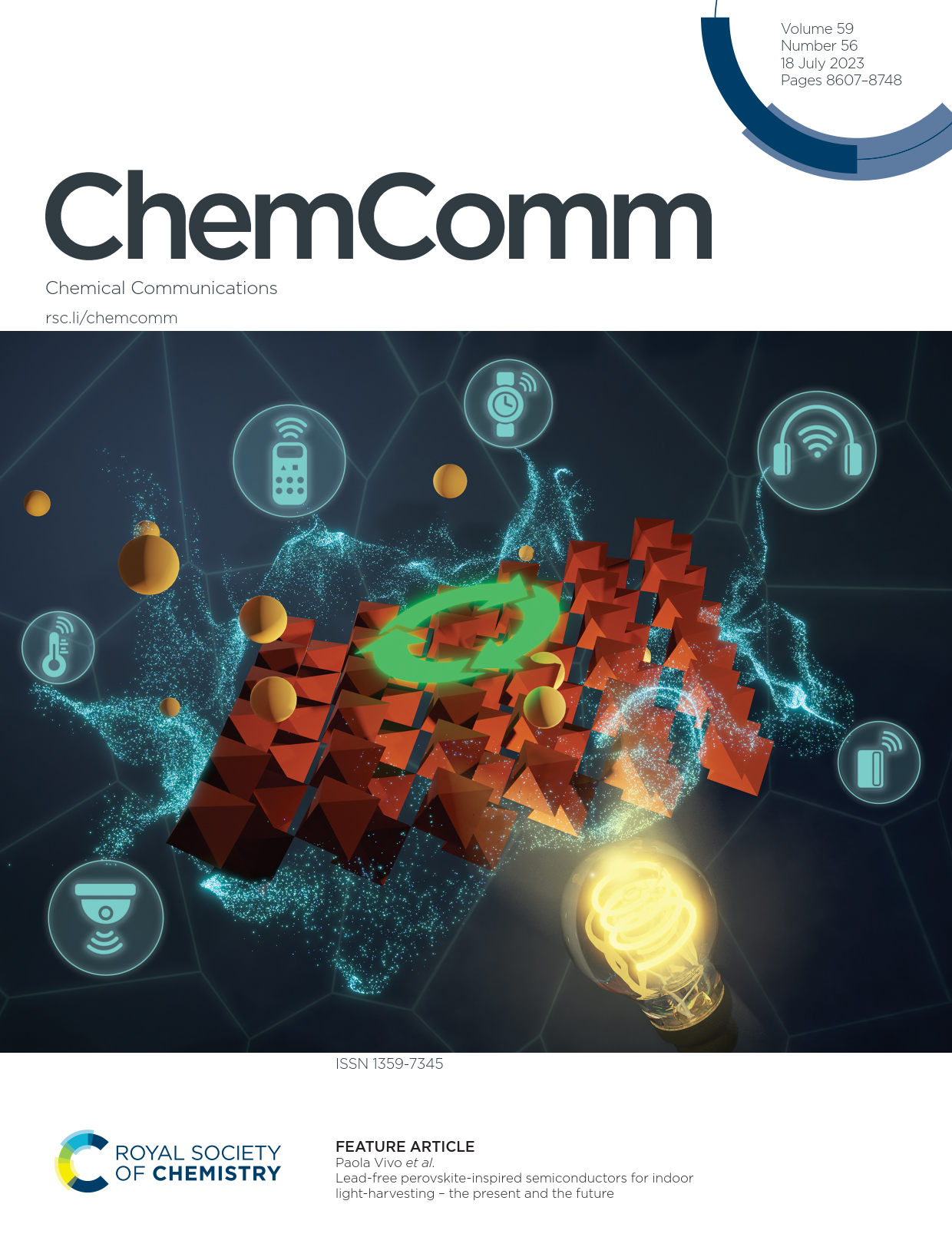
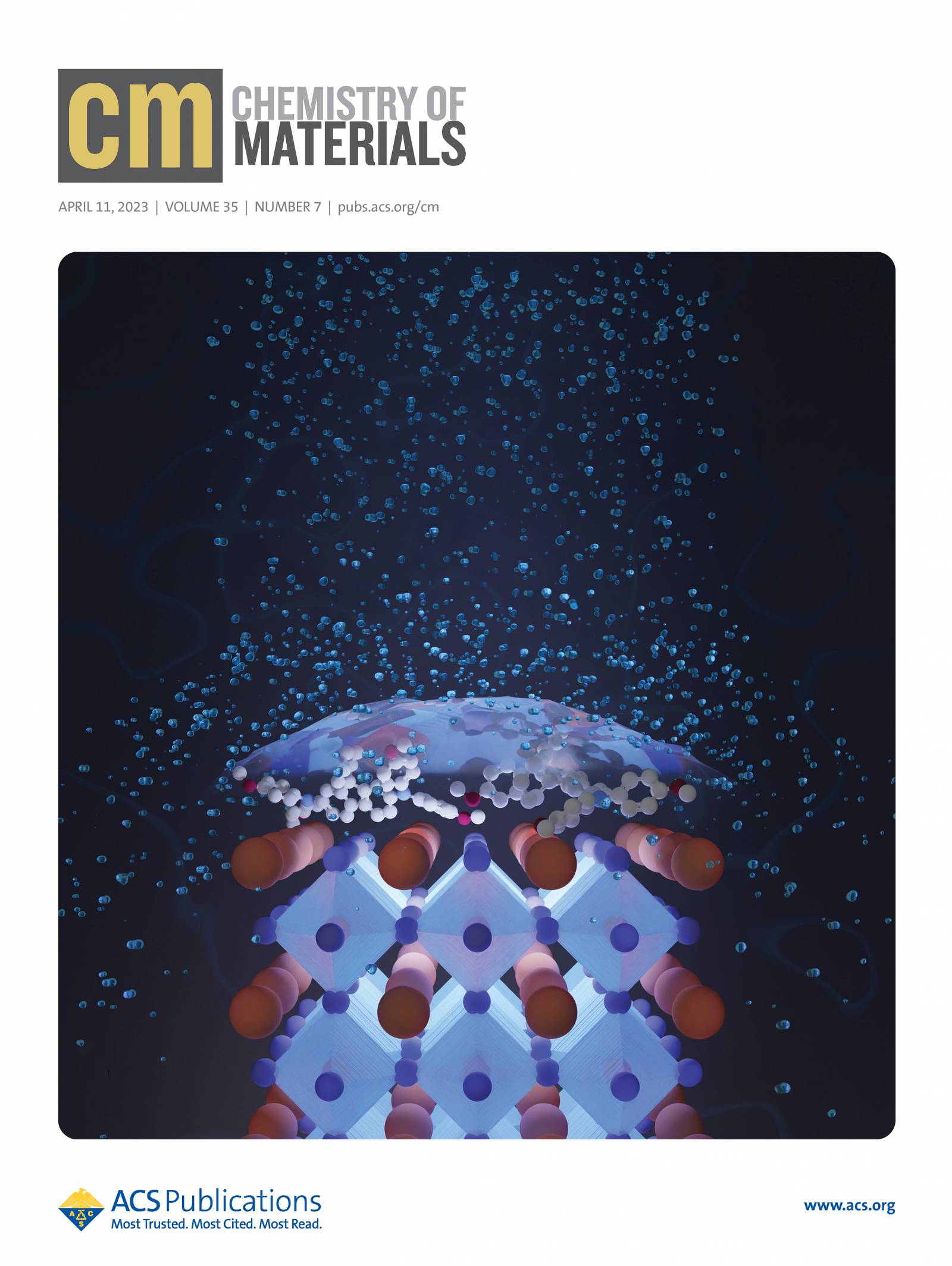
ASPIRE (Jane & Aatos Erkko foundation), 2018-2021
Partners: Åbo Akademi (ÅA), Tampere University (TAU), Aalto University, (Aalto). PIs: Prof. R. Österbacka (Physics, ÅÅ), Dr. J-H. Smått (Physical Chemistry, ÅA), Prof. P. Lund (Aalto), Dr. P. Vivo (TAU).
Jane and Aatos Erkko Foundation has granted 997 000 € to a Finnish consortium for research in and development of tomorrow’s perovskite solar cells. The research project is titled “A novel integrated approach for highly reproducible and stable perovskite solar cells (ASPIRE)” and is coordinated by Prof. R. Österbacka from ÅA. The project is based on a novel fabrication method for scalable perovskite solar cells. The novel method enables an integrated approach to simultaneously clarify the selectivity of the contacts, the crystallization of the perovskite material, and the development of new environmentally-friendly transport materials.
SolarWAVE (Business Finland, Forschungszentrum Jülich), 2018-2021
Business Finland and Forschungszentrum Jülich GmbH have granted a bilateral project between TUT and Helmholtz Zentrum Berlin (HZB) for research on PSCs. The project titled ‘Waterproof perovskite solar cells’ (SolarWAVE) is coordinated and managed by Dr. P. Vivo (TAU) and Prof. A. Abate (HZB). From the Finnish side, the key industrial partner of SolarWAVE is Confidex Oy. Moreover, the interest in SolarWAVE by Ruukki Oy and KONE Oy resulted in their steering and financial support for this research.
SolarWAVE aims to demonstrate a disruptive boost in PSCs stability, by proposing a new generation of printable water-stable PSCs with 10+ years lifetime. This will be obtained by passivating perovskites surfaces with novel organic and inorganic materials, and relying on the supramolecular halogen-bonding concept. The final goal will be to integrate the ultra-stable PSCs in flexible smart tags for communication and data processing in the IoT domains, thus having the chance to dramatically change the way how IoT is implemented around us.
LightningSense (Academy of Finland), 2018-2021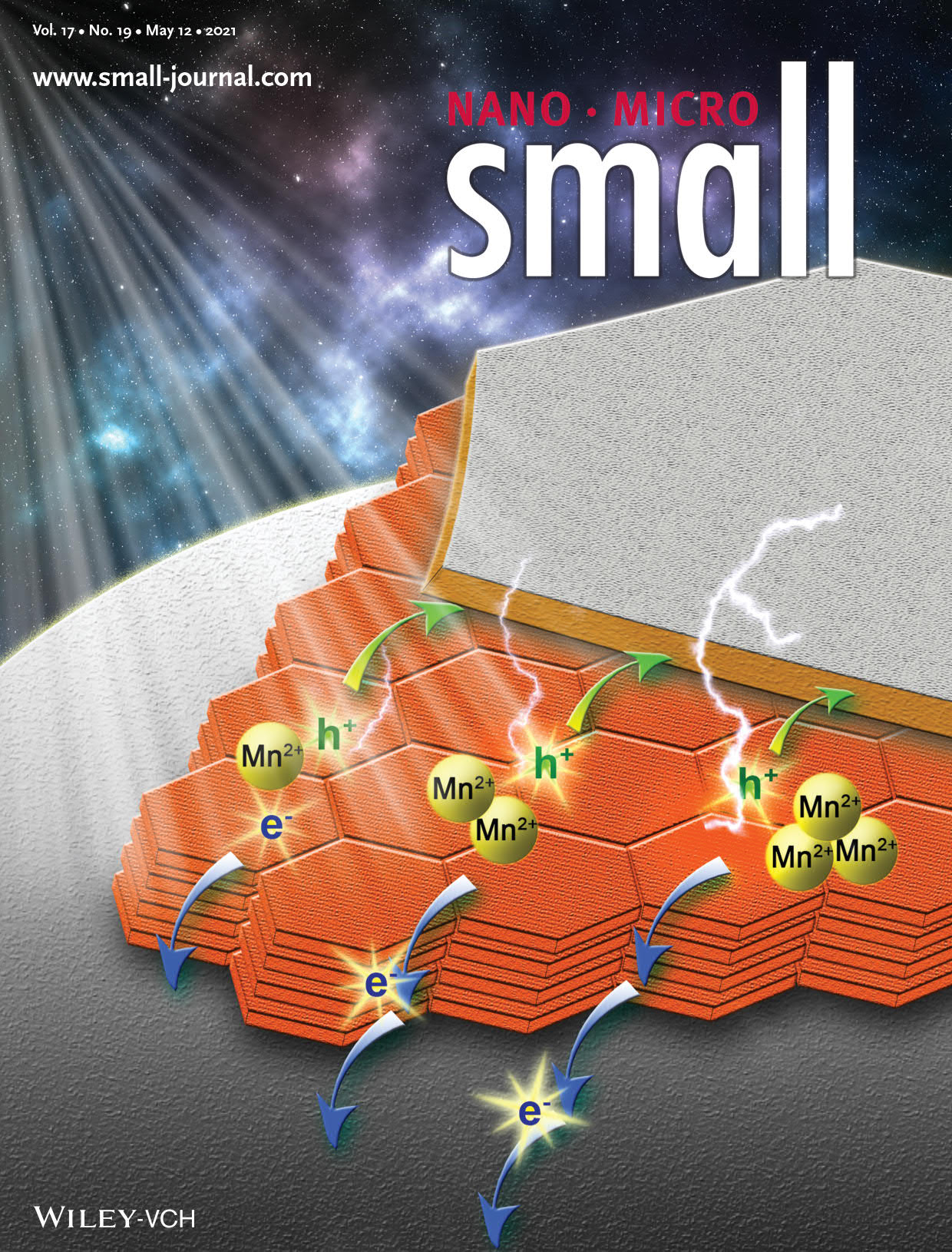
Academy of Finland has granted close to 1 million euros to the consortium headed by Prof. D. Lupo (Laboratory for Future Electronics). Other members of the consortium are Prof. A. Priimägi (PI), Dr. P. Vivo (co-PI), Prof. K. Halonen (PI, Aalto University).
The project titled ‘Energy autonomous wireless sensor systems powered by printed light energy harvesting and storage’ (LightningSense) aims at studying the individual components of future IoE systems: enhanced OPVs/PSCs for indoor light-harvesting, materials and architectures for printed supercapacitors leading to lower series resistance and self-discharge, and ultra-low power Si-based circuitry for sensing, data processing, and wireless communication. The final goal is also to integrate these components together into a flexible, lightweight, compact, energy-autonomous wireless IoT sensor.

